Mentors Meet – Ascend Foundation
We had a Mentors’ Meeting on 10th November 2024. This was attended by 19 Mentors (11 existing and 8 new Mentors). The meeting was mainly intended to understand and exchange the experiences of the current mentors and chart out a plan for the new mentors to begin the mentoring program for the new beneficiaries. All the mentors discussed and highlighted the challenges that they had faced during their stint as a mentor. It was a very insightful and worthwhile session for the mentors and especially the new mentors, who understood clearly what was expected from them.
It was heartening to see the past beneficiaries wholeheartedly come forward to become mentors. This was a welcome sign and we, at Ascend should build on this momentum to encourage and inspire more beneficiaries to volunteer to become mentors in the future.
We also had a session by Gangadharan, Senior Mentor, who explained what is expected from a Mentor and outlined the do’s and don’ts for the new mentors to follow.
Finally, we also had some of the new beneficiaries who expressed their thoughts and appreciation for the mentoring program. It was heartening to see that every beneficiary expressed the desire to become mentors when they complete their educational journeys.



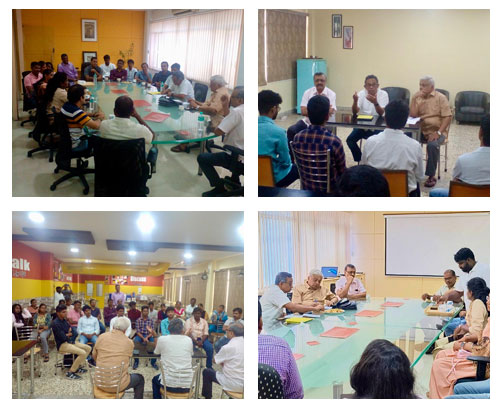
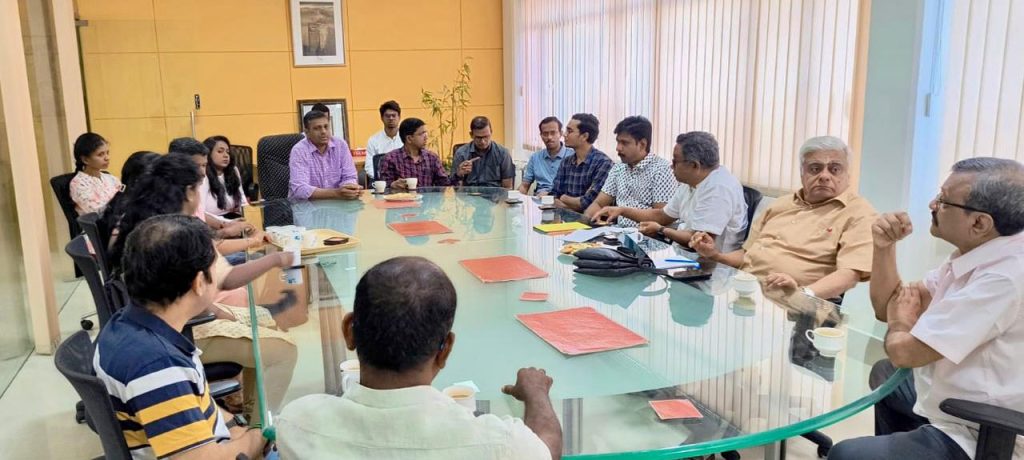
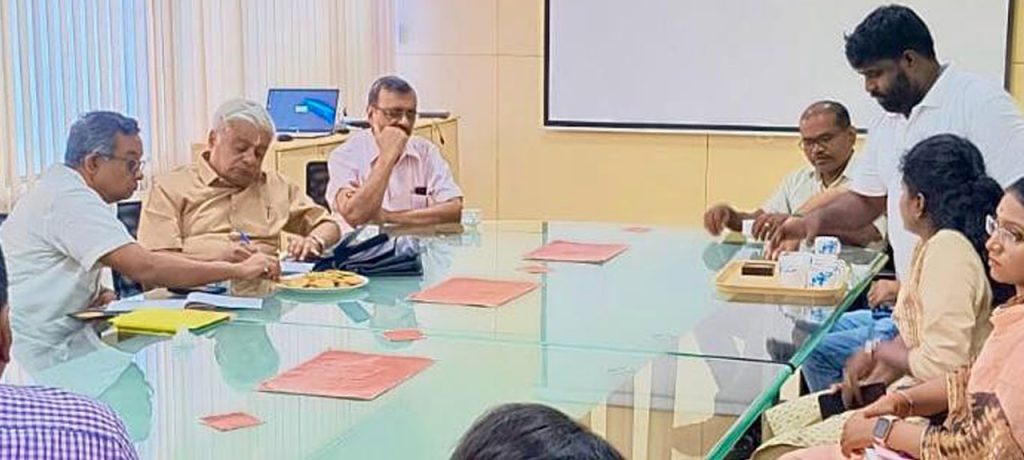
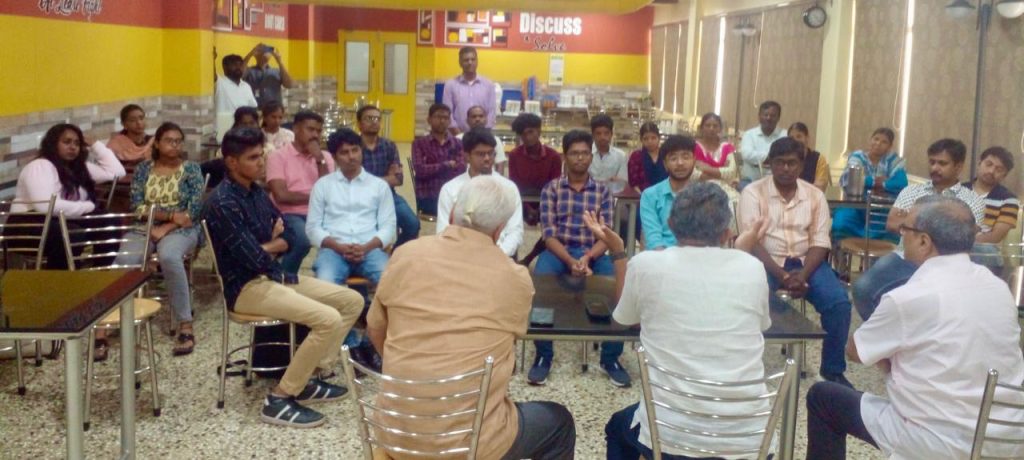
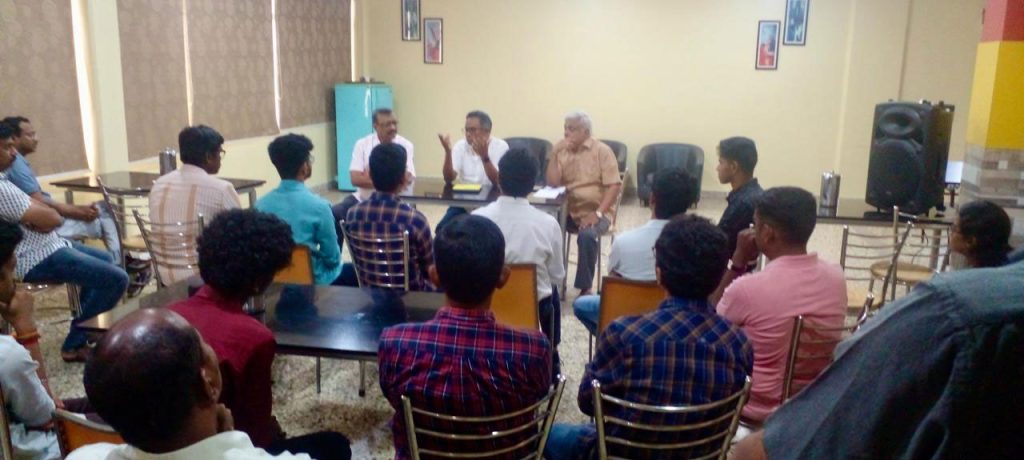
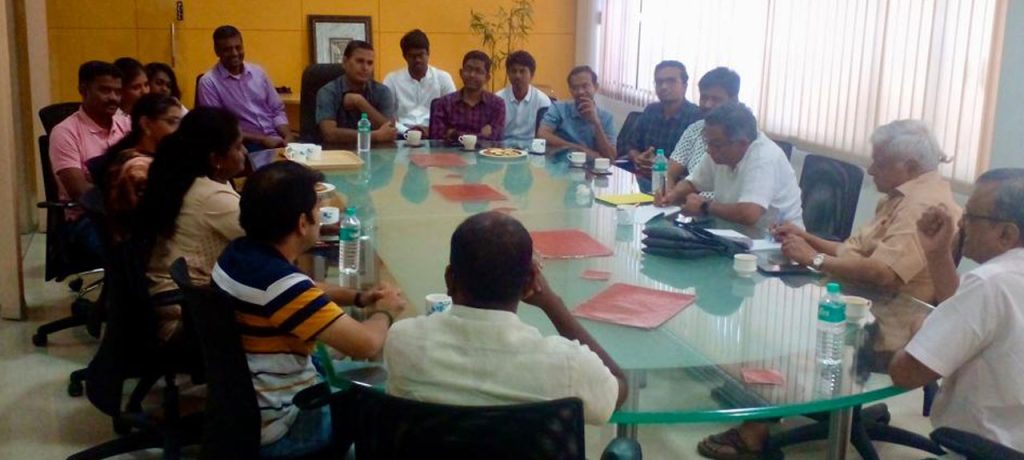
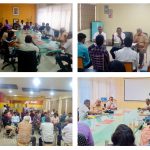
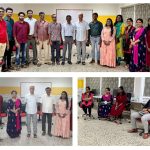


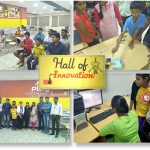
Leave a Reply